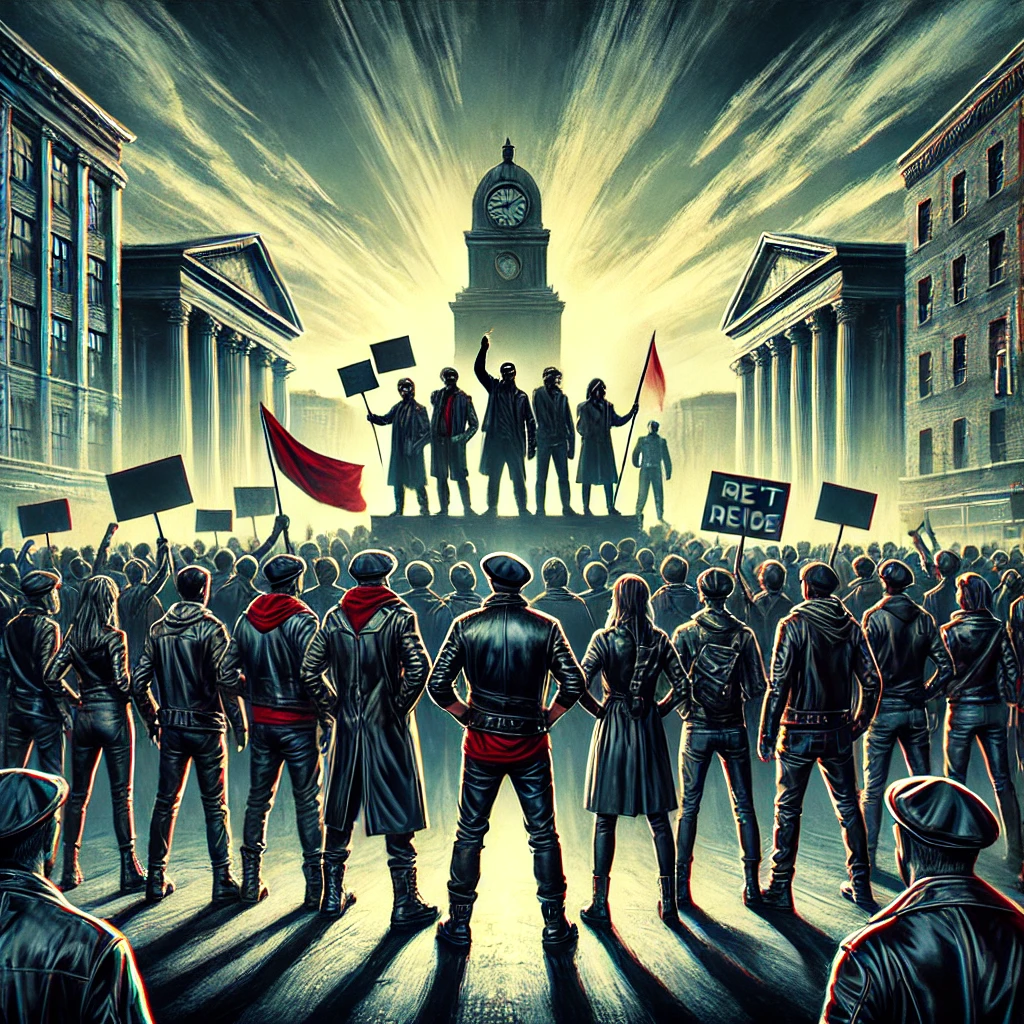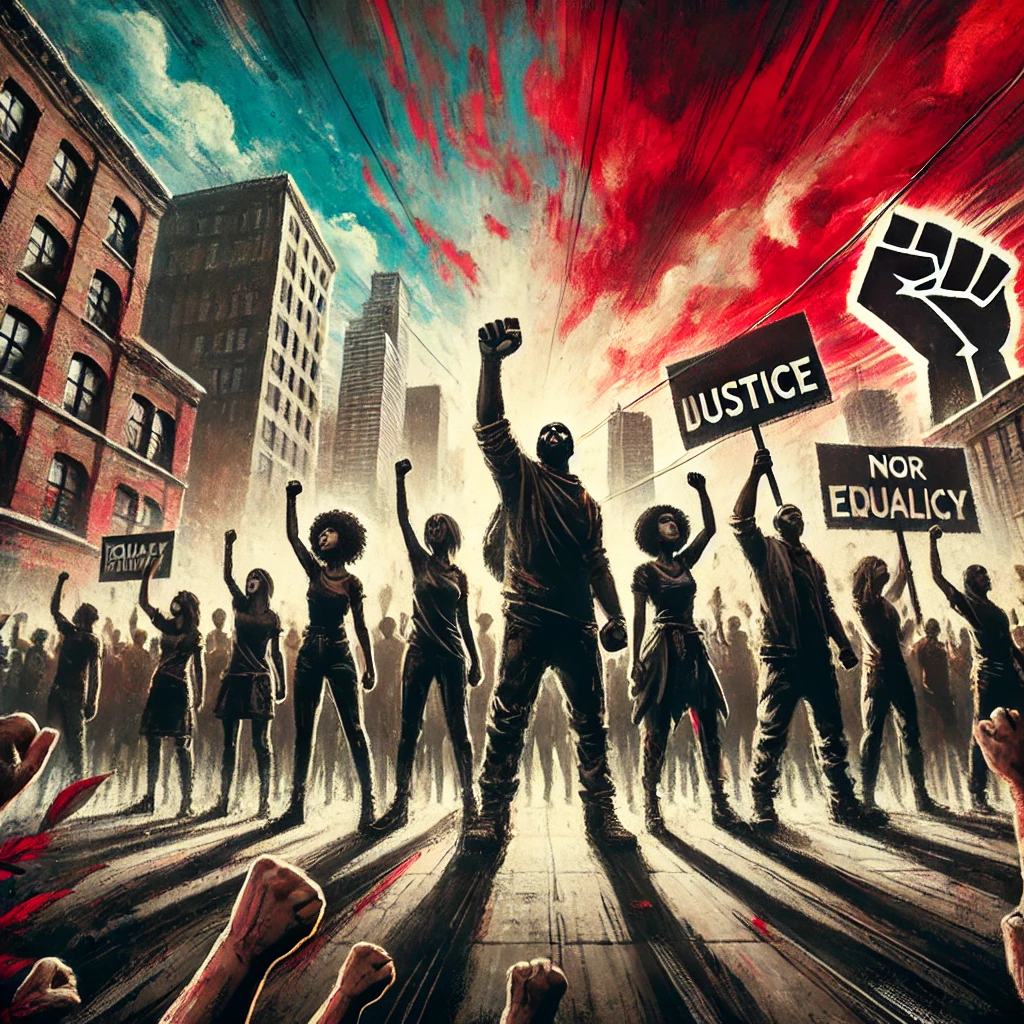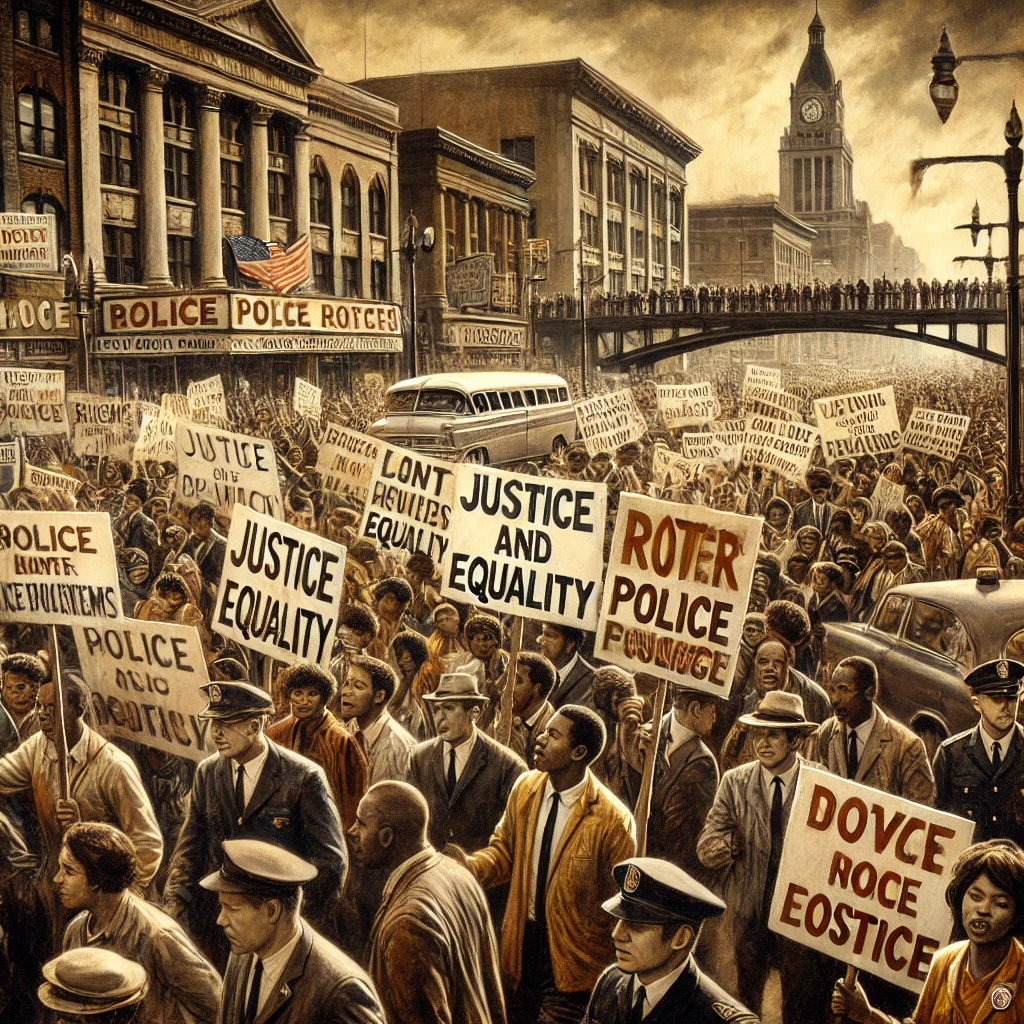On October 15, 1966, Huey P. Newton and Bobby Seale founded the Black Panther Party for Self-Defense in Oakland, California. This pivotal moment in American history marked the emergence of a radical organization dedicated to addressing systemic racism, police brutality, and social injustice faced by African Americans. Initially created as a response to police violence, the Black Panther Party evolved into a formidable force advocating for revolutionary change and the empowerment of Black communities across the United States.

The Context of the 1960s
The 1960s were a turbulent time in America, characterized by the civil rights movement, widespread social upheaval, and increasing tensions surrounding issues of race, equality, and justice. African Americans faced systemic discrimination, economic inequality, and violent oppression, particularly from law enforcement. In this charged atmosphere, grassroots movements began to emerge, demanding not only civil rights but also an end to police brutality and the establishment of social programs for marginalized communities.
Huey P. Newton and Bobby Seale, both influenced by the teachings of civil rights leaders, Marxist ideology, and their own experiences with racism, sought to create an organization that would empower African Americans. They aimed to protect their communities from police violence and advocate for fundamental rights, including education, healthcare, and housing. The founding of the Black Panther Party was a response to the urgent need for self-defense and social justice.

The Founding Principles
The Black Panther Party was founded on a set of core principles that aimed to address the specific needs of the African American community. One of the party’s primary missions was to protect Black individuals from police brutality, which they viewed as a systemic violation of their rights. Members of the party often patrolled their neighborhoods with firearms, monitoring police activity and ensuring the safety of their community members.
In addition to addressing police violence, the Black Panther Party advocated for broader social reforms. They called for the release of Black prisoners, comprehensive social programs, and economic justice. Their platform included demands for employment opportunities, decent housing, quality education, and an end to the militarization of police forces. The party’s commitment to community service was evident in initiatives such as free breakfast programs for children, health clinics, and educational outreach.
The Expansion and Evolution
As the Black Panther Party gained traction, it expanded rapidly beyond Oakland. By the late 1960s, chapters had been established in cities across the United States, including Los Angeles, Chicago, and New York. The party’s visibility increased, drawing national attention and often facing intense scrutiny from law enforcement and government officials. The FBI, under J. Edgar Hoover, considered the Black Panther Party a significant threat, leading to aggressive tactics aimed at undermining the organization.
Despite facing violence and repression, the Black Panther Party continued to grow and adapt. It embraced Marxist revolutionary ideology, positioning itself as a champion of the working class and a proponent of global liberation movements. The party sought solidarity with other marginalized groups, including Native Americans, Chicanos, and poor whites, promoting a vision of a united front against oppression.

The Legacy of the Black Panther Party
The Black Panther Party left a profound legacy on American society and the civil rights movement. While its militant approach and revolutionary rhetoric were often controversial, the party’s emphasis on self-defense and community empowerment resonated with many. The initiatives they implemented, such as free health clinics and educational programs, had lasting impacts on the communities they served, inspiring similar grassroots movements.
The founding of the Black Panther Party on October 15, 1966, represented a pivotal moment in the struggle for civil rights and social justice in the United States. Huey P. Newton and Bobby Seale’s commitment to protecting African Americans from police brutality and advocating for systemic change resonated deeply during a time of upheaval. The party’s impact continues to be felt today, as discussions about race, policing, and equality remain at the forefront of American society. The legacy of the Black Panther Party serves as a reminder of the importance of grassroots activism and the ongoing fight for justice and equality in the face of oppression. Their determination and vision for a better future inspire contemporary movements seeking to address the issues that still plague marginalized communities.
